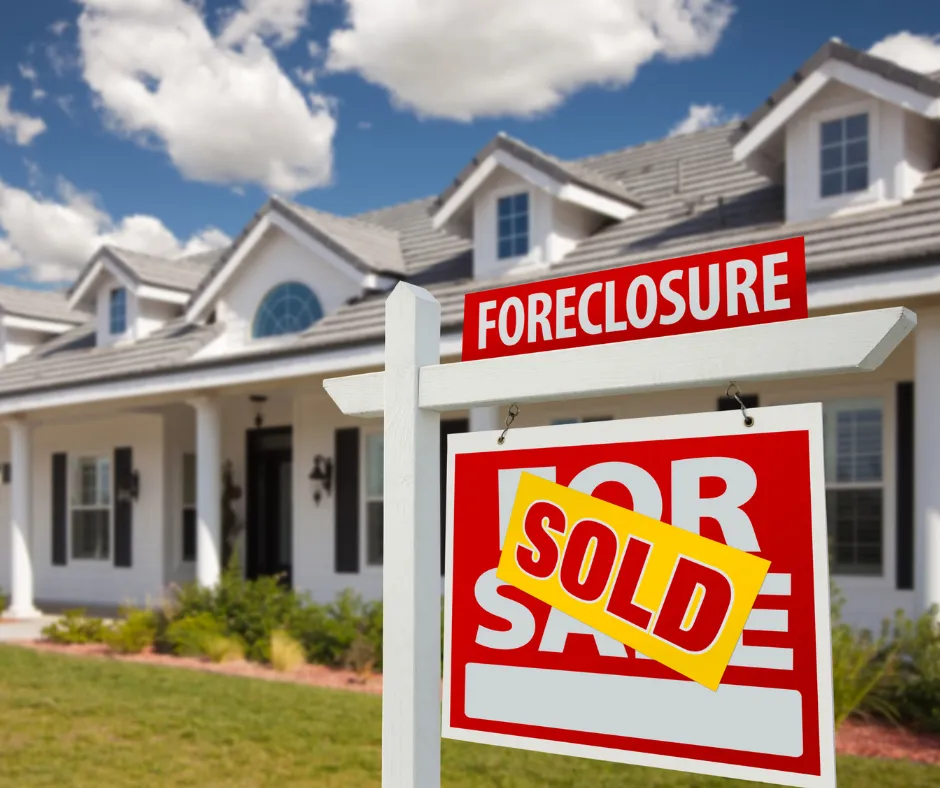
Mastering Foreclosure Investing: A Comprehensive Guide for Real Estate Investors
Mastering Foreclosure Investing: A Comprehensive Guide for Real Estate Investors
Foreclosure investing offers real estate investors a unique opportunity to acquire properties below market value, potentially leading to significant profits. However, navigating the foreclosure market requires a solid understanding of the process, strategic planning, and due diligence. This guide aims to equip you with the essential knowledge to succeed in foreclosure investing.
Understanding the Foreclosure Process
Foreclosure is a legal process wherein a lender attempts to recover the balance of a loan from a borrower who has stopped making payments. The process typically unfolds in three stages:(Pine Financial Group)
1. Pre-Foreclosure
This stage begins when a homeowner defaults on their mortgage payments. The lender issues a notice of default, giving the homeowner a chance to rectify the situation. Investors can negotiate directly with homeowners during this period, often leading to favorable purchase terms.(Pine Financial Group)
2. Auction
If the homeowner fails to resolve the default, the property is sold at a public auction. While auctions can offer properties at discounted prices, they come with risks, such as limited property inspections and potential liens. (Investopedia)
3. Real Estate Owned (REO)
If a property doesn't sell at auction, it becomes REO, meaning the lender owns it. REO properties are typically listed through real estate agents, and investors can purchase them similarly to traditional home sales. (Wikipedia, Investopedia)
Benefits of Investing in Foreclosures
Below-Market Prices: Foreclosed properties often sell for less than their market value, allowing investors to build equity quickly.
High ROI Potential: With strategic renovations and market timing, investors can achieve substantial returns.
Diverse Investment Strategies: Options include fix-and-flip, buy-and-hold, or wholesaling.
Risks and Challenges
Property Condition: Foreclosed homes may require significant repairs, impacting profitability.
Title Issues: Unresolved liens or ownership disputes can complicate the purchase process.(PropStream)
Market Volatility: Real estate markets can fluctuate, affecting property values and rental demand.(Architectural Digest)
Steps to Successful Foreclosure Investing
1. Conduct Thorough Research
Understand local foreclosure laws and market conditions. Resources like Investopedia offer valuable insights.(Investopedia)
2. Secure Financing
Obtain pre-approval for loans or explore alternative financing options to ensure you're ready to act quickly when opportunities arise.(Gatsby Investment)
3. Identify Potential Properties
Utilize platforms like ForeclosuresNationwide.com to access comprehensive foreclosure listings across the country.
4. Perform Due Diligence
Inspect properties thoroughly, assess repair costs, and verify title status to avoid unforeseen issues.
5. Develop an Exit Strategy
Decide whether you'll flip the property, rent it out, or pursue another investment strategy. Having a clear plan helps in making informed decisions.
Leveraging ForeclosuresNationwide.com
ForeclosuresNationwide.com is an affiliate partner of Foreclosures.com, providing investors with:
Extensive Listings: Access to a vast database of foreclosure properties nationwide.
Educational Resources: Guides and tools to assist in making informed investment decisions.
Expert Support: Assistance from professionals experienced in foreclosure investing.
Conclusion
Foreclosure investing can be a lucrative venture for real estate investors willing to navigate its complexities. By understanding the process, conducting thorough research, and leveraging resources like ForeclosuresNationwide.com, you can capitalize on opportunities in the foreclosure market.